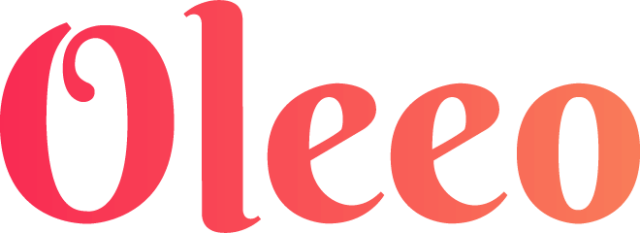Cutting through Prejudice: The Truth about AI and Diversity Recruiting

Despite significant advances over the last few years, the term “artificial intelligence” continues to attract negative attention, particularly around the possibility of bias. As a result, AI has become largely meaningless in recruiting conversations, even as we see the technology being used with increased frequency.
Recognizing the gap between understanding and application, it’s time we start to rethink AI and set the record straight about the upsides (and downsides) related to recruiting and especially Diversity Recruiting.
Here’s what you need to know:
There is no perfect solution to all life’s problems, and AI’s downsides can negatively impact Diversity Recruiting efforts. Or, as Jim Boerkoel, a computer science professor at Harvey Mudd College, succinctly explained, “If the population that is creating the technology is homogeneous, we’re going to get technology that is designed by and works well for that specific population. Even if they have good intentions of serving everyone, their innate biases drive them to design toward what they are most familiar with.” That said, AI is not intended to be the holy grail. It is a tool, not a panacea. It requires careful development, curation and implementation, done in a way to address the common challenges Boerkoel alluded to, such as opaque rules and formulas, decision-making rules based solely on past decision-making and disparities between designers and subject matter that lead to unwitting predictors.
However, this tide is turning, as Bryce Hall observed in McKinsey’s The State of AI in 2020, “One of the most remarkable patterns we see…is the adoption of core practices among companies capturing value from AI. There really is a “playbook” for success.”
With that in mind, let’s consider the upsides of AI in diversity recruiting:
- AI can learn from humans – In the McKinsey report, Hall went on to share, “Some of the biggest gaps between AI high performers and others aren’t only in technical areas, such as complex AI-modeling techniques, but also in the human aspects of AI, such as the alignment of senior executives around AI strategy and adoption of standard execution processes to scale AI across an organization.” Translation: AI works best when humans stay involved. That’s because AI needs human input to advance. That’s how artificial intelligence grows more intelligent; the more care and attention we provide, the more diverse the results.
- Incorporation of validation, monitoring and transparency – Likewise, if we connect AI with diversity recruiting, we can drive meaningful change in our initiatives. Huma Abidi, senior director of AI software products and engineering at Intel, shared that regulation and the inclusion of AI ethics principles in research and development promotes responsible use, fairness, accountability and explainability. Employers need to look for AI solutions like Diversity Recruiting Platforms that actively address diversity, offering information and insights to end-users to ensure no secrets or surprise biases are baked in.
- Outcomes are consistent, reliable and repeatable – Data is one of the biggest benefits of AI, and there’s ample research to confirm this line of thinking. The Aptitude Research 2021 Talent Acquisition Tech Key Findings looked at various uses of AI in recruiting and determined that AI matching is about reducing bias. The study even noted, “Companies that use AI matching are two times more likely to improve diversity of sources and three times more likely to improve time to fill.” That’s because AI provides a baseline of understanding and consistent, reliable and repeatable data – something organizational psychologist Adam Grant sees as a best practice in today’s world.
If you were told that your organization was going to adopt comprehensive, advanced, and well-thought analytics (ie AI) to support the improvement of your organization’s diversity, you’d celebrate. There are a few ways to approach AI in diversity recruiting, but fear and reluctance won’t help close the gap. Taking the time to cut through the prejudice and understand AI Recruitment supports improved outcomes is where we start to make real progress.



